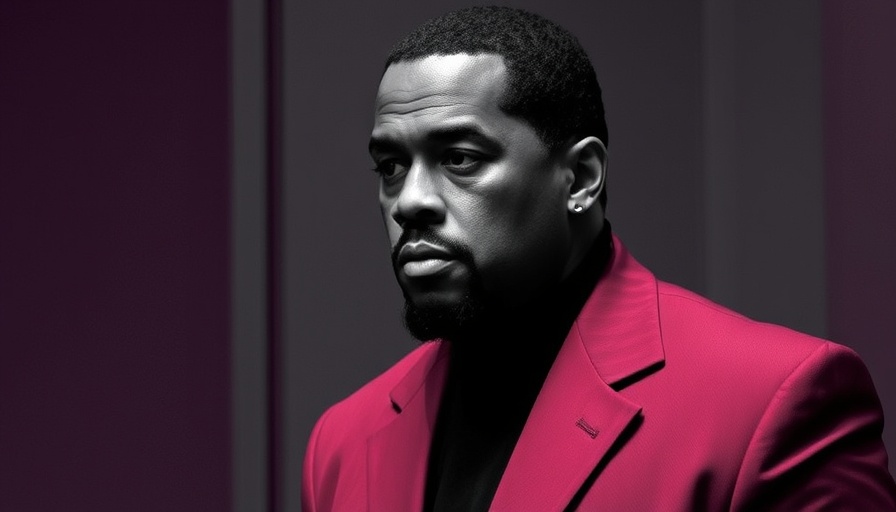
What Diddy’s Trial Reveals About Domestic Violence and the Legal System
The high-profile trial of Sean "Diddy" Combs has put a glaring spotlight on the inadequacies of our legal system when it comes to addressing domestic violence. For too long, cases involving powerful men have been met with skepticism and, often, a lack of accountability. Combs' acquittal on serious charges, despite evidence of coercive behavior, raises critical questions about truly protecting victims of abuse.
The Culture of Privilege: Abusers vs. Survivors
In many instances, the judicial system seems stacked in favor of affluent individuals, allowing their status to cloud judicial processes. Men like Diddy often face allegations not as abusers, but as misunderstood figures, enabling a culture that trivializes women's experiences and dismisses their trauma. Legal experts argue that rape and abuse victims frequently face an uphill battle in courts that may not fully appreciate their circumstances or the controlling dynamics at play. This reality highlights a pressing need for reform in domestic violence laws that have not evolved alongside societal understanding of these crimes.
Justice or Farce? The Mixed Verdict Explained
The jury's mixed verdict in Diddy’s case reflects a flaw in recognizing the trauma associated with coercive control. While Diddy was found guilty of transporting male prostitutes, the more severe charges—those that could better illustrate his abusive patterns—didn't hold due to insufficient evidence. This scenario reiterates the stark gap between public perception and the judicial reality that often leaves victims feeling even more marginalized.
Power Dynamics and the Legal System’s Failures
The failures of the legal system in handling domestic violence cases are further compounded by societal norms. There is a pressing need to shift perceptions of power dynamics within relationships and acknowledge abuse in all its forms—not merely as isolated incidents, but as patterns of behavior often hidden beneath layers of wealth and privilege. Legal reforms must address these nuances to ensure that domestic violence is recognized and prosecuted as the serious crime it is.
Empowering Victims: The Need for Change
To create a just environment where survivors feel empowered to speak out, systemic changes are vital. This includes better training for law enforcement and legal professionals on matters of intimate partner violence and coercive control. Increased public education about these issues can also shift societal attitudes, making it more difficult for abusers to evade justice.
The conversation around domestic violence laws in America is long overdue for an upgrade. As we witness high-profile cases like Diddy’s, we must demand accountability not just from individuals but from the systems that are meant to protect victims. Change begins with awareness and advocacy—let's be the voices for those who feel unheard.
 Add Row
Add Row  Add
Add 




 Add Row
Add Row  Add
Add 



Write A Comment